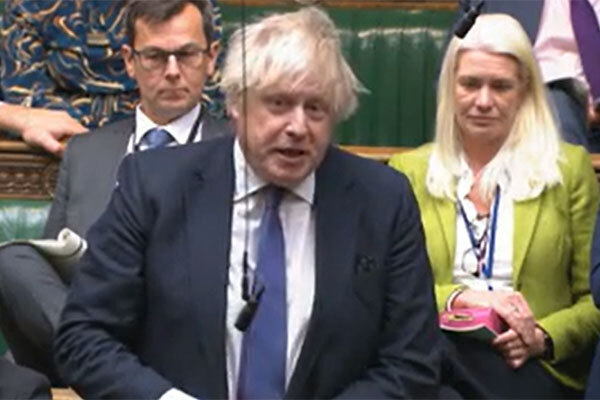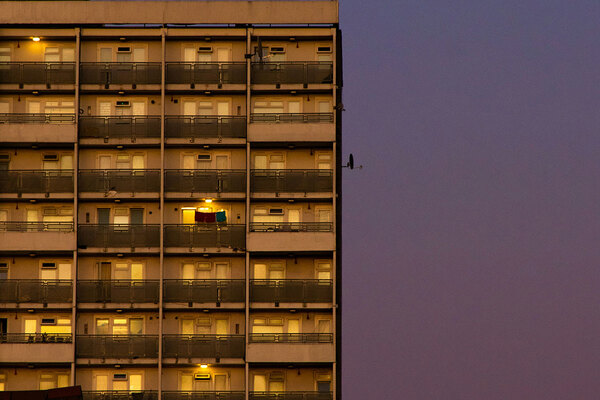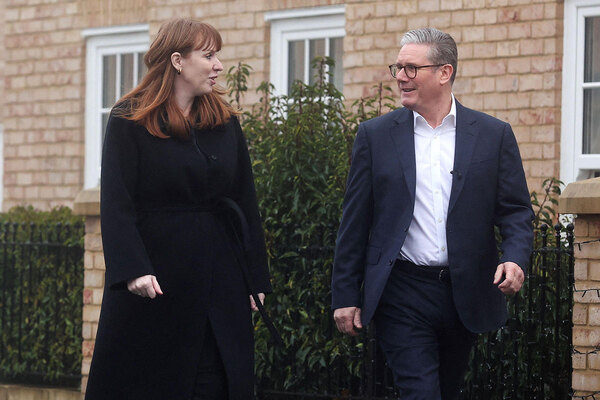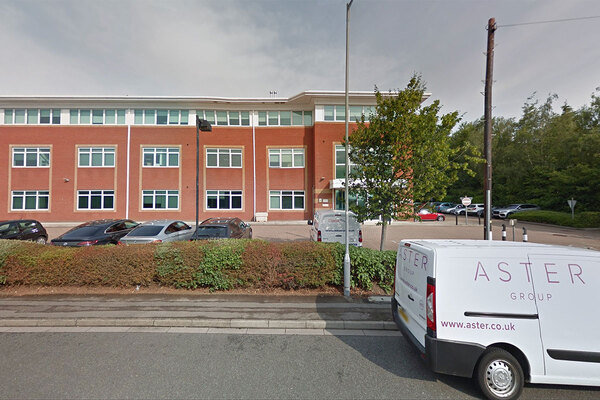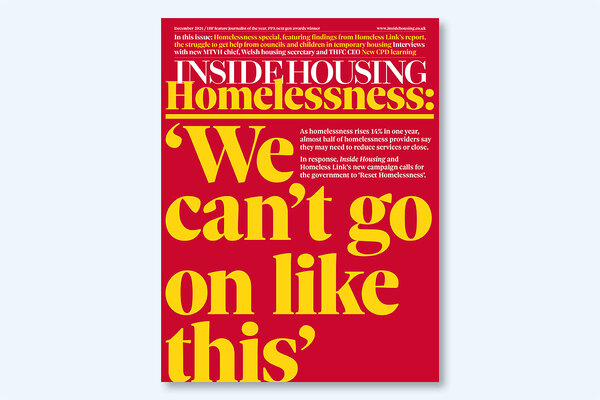You are viewing 1 of your 1 free articles

Jules Birch is an award-winning blogger who writes exclusive articles for Inside Housing
Planning reforms for those already comfortably housed
Rishi Sunak’s list of the people’s priorities didn’t include housing, says Jules Birch. This is no surprise as planning reforms capitulate to Tory rebels and cater to those already comfortable housed
So now we know what the “people’s priorities” are – and housing is not one of them.
The fact that housing did not feature in the speech from Rishi Sunak setting out his agenda for the new year is not a surprise in itself – his five pledges all covered issues with far greater political saliency.
But it is still surprising that in a speech on “building a better future”, he did not mention housing at all and that, apart from a boast about stabilising mortgage rates, the speech steered clear of traditional Tory territory on homeownership.
He did talk about community (“a better future also means reinforcing people’s pride in the places they call home”) and making places better (“I love my local community and it’s not right that too many for far too long have not felt that same sense of meaning and belonging”).
But he is talking here about people who already have places they can call home and avoids any mention of those who do not have a home or need a new or more affordable one.
And that is no coincidence because he was speaking in the wake of the government’s surrender late last year to its own backbenchers on planning and housebuilding.
It is still less than 18 months since the government published Planning for the Future, the white paper that set out how it would deliver on its manifesto target of 300,000 new homes a year.
A few days before Christmas, the Department for Levelling Up, Housing and Communities (DLUHC) published a consultation on a proposed new National Planning Policy Framework (NPPF).
Effectively, it is the response to the demand the rebels made for “the right homes in the right places” (ie not in their constituencies) in return for their support for the Levelling Up and Regeneration Bill. Or maybe it was a paint by numbers first parliamentary questions of the year. Or perhaps it was both.
The original NPPF was a compromise between ministers who wanted to see more growth and homes built and campaigners enlisted against what The Daily Telegraph called “the war on the countryside”.
“The Conservatives seem to have abandoned their central idea on housing: that increasing the supply of new homes is the way to make housing more affordable”
It underpinned a growth in planning permissions and housebuilding thanks to measures such as the “presumption in favour of sustainable development”, where councils refused to adopt a local plan.
And, until recently, the government believed that more sticks were required, such as the new standard methodology for calculating objectively assessed need first proposed in the 2017 white paper, Fixing our Broken Housing Market.
This was what Liz Truss called “Stalinist top-down targets” in the Conservative leadership contest, and what first united the backbench rebels against the reforms.
Many of the changes in the new NPPF are highly technical – for a more detailed explanation than I have room for here, read these blogs by Samuel Stafford and Zack Simons – but the net result will be fewer new homes in the wrong places (as defined by the rebels).
Just to highlight a couple of changes, there’s the introduction in the very first paragraph of the new idea of “sufficient housing” and an explicit exemption from the requirement to meet objectively assessed need for “situations where meeting need in full would mean building at densities significantly out of character with the existing area”.
The same sense of drift was evident in Monday’s DLUHC questions where, in the absence of Michael Gove for family reasons, his ministerial team seemed to lack much faith in the answers they were giving.
Shadow housing minister Matthew Pennycook pointed out that the proposed planning changes had already resulted in local authorities pausing work on their local plans and asked if the government had carried out any analysis or assessment of the impact on overall housing supply.
“By capitulating to the rebels, the government is instead siding with its existing base of comfortably housed voters”
Housing minister Lucy Frazer ducked that one and told him: “The simple fact is that under the present system, too few local authorities have local plans, because people do not want development in their area.”
The government seems to have forgotten the notion that it just might be central government’s job to strike a balance between future housing need with the current wishes of local people.
And for now at least, the Conservatives seem to have abandoned their central idea on housing: that increasing the supply of new homes is the way to make housing more affordable.
Put Mr Sunak’s speech and the NPPF consultation together and you have to wonder whether they have effectively given up on housing completely.
Because there is also a strong political imperative for being seen to emphasise increasing supply – it’s a way of signalling to young people that the party is on their side and wants to help them get on to the housing ladder (and start voting Conservative).
By capitulating to the rebels, the government is instead siding with its existing base of comfortably housed voters. It may be “reinforcing people’s pride in the places they call home”, but it’s hardly building a better future.
Jules Birch, award-winning columnist for Inside Housing
Sign up for our development and finance newsletter
Already have an account? Click here to manage your newsletters

